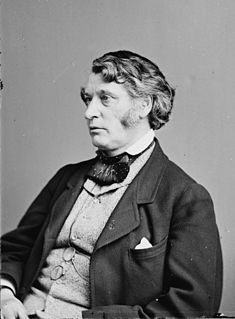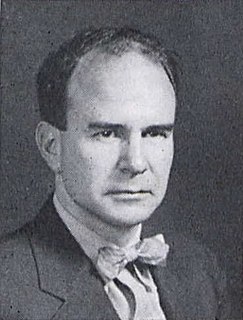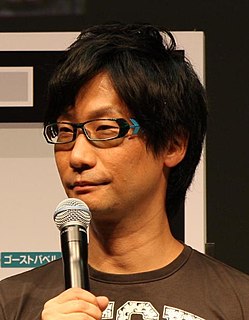A Quote by Edmund Burke
I do not hesitate to say that the road to eminence and power, from an obscure condition, ought not to be made too easy, nor a thing too much of course. If rare merit be the rarest of all things, it ought to pass through some sort of probation. The temple of honor ought to be seated on an eminence. If it be open through virtue, let it be remembered, too, that virtue is never tried but by some difficulty and some struggle.
Related Quotes
If a sound body and a sound mind, which is as much as to say health and virtue, are to be preferred before all other considerations, ought not men, in choosing a business either for themselves or children, to refuse such as are unwholesome for the body, and such as make a man too dependent, too much obliged to please others, and too much subjected to their humors in order to be recommended and get a livelihood?
I think a book-length poem stands about as good a chance as a collection of individual poems in reaching its field of ears. This does not mean I have not found some of them too daunting to read all the way through, but it would seem there ought to be some ambition on the writer's part to create a work that would be "a read" all the way through. If not, all the pleasure belongs to the maker, and that in itself is something, an achievement.
Once in his life, a man ought to concentrate his mind upon the remembered earth, I believe. He ought to give himself up to a particular landscape in his experience, to look at it from as many angles as he can, to wonder about it, to dwell upon it. He ought to imagine that he touches it with his hands at every season and listens to the sounds that are made upon it. He ought to imagine the creatures there and all the faintest motions of the wind. He ought to recollect the glare of noon and all the colors of the dawn and dusk.
We ought to remember the past, yes -- but we shouldn't allow it to consume us. We live in the present moment, and some people are too tied to the ideals of that period to fully move forward. We'll never work through the future unless we accept the present. We must fill the twenty-first century with dreams.










































